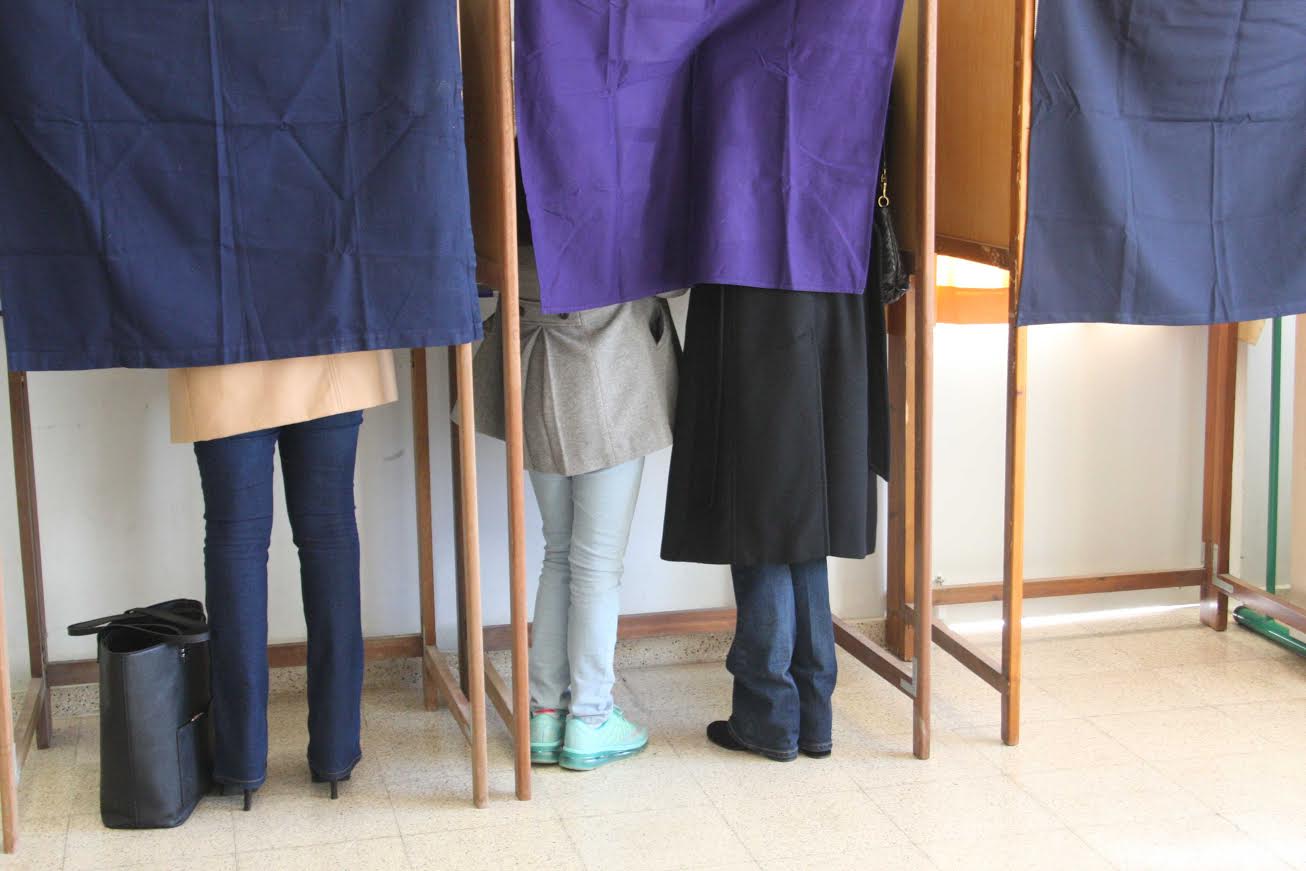Brexit provides no reasonable justification for depriving British expats in Cyprus of the right to vote in municipal elections
Brexit is no justification for disenfranchising British permanent residents settled in Cyprus. The decision of the Council of Ministers to take away their right to vote in municipal elections is discriminatory, undemocratic and contrary to traditional Cypriot generosity. It is not compelled by Cyprus’ constitution, misapplies EU law and may be in breach the European Convention on Human Rights (ECHR).
Those eligible to vote in national elections are usually citizens, but municipal elections affect people locally in ways that entitle them to participate in the governance of their community without in the least prejudicing the political rights of citizens nationally.
The resentment of British residents is palpable and felt more acutely because it operates retrospectively in that it took away an existing voting right, contrary to the rule against retrospective deprivation of protected human rights.
For the government, however, the question was whether it would have been unconstitutional to retain their right to vote after Brexit and if it was unconstitutional whether European human rights law overrode the constitution. The assumption must be that both these questions were addressed, and it was decided that British long-term residents could not retain the right to vote after Brexit as they had become third country nationals.
This in turn begs the question whether third country nationals permanently resident in Cyprus can be granted the right to vote in municipal elections? The right affects not just British citizens but Russians and others who have chosen to settle in Cyprus and who may wish to participate in local affairs that directly affect their daily lives.
It is the true that under Cyprus’ original constitution only citizens have the right to vote in elections in Cyprus. But that is not conclusive against the right of non-citizens to vote because Cyprus’ constitution was amended when the Republic of Cyprus (RoC) joined the EU in 2004 to give pride of place to EU law, required by the terms of accession. For all practical purposes the amendment means that no provision of the constitution can prevent EU law from having legal effect in Cyprus.
EU law concerning third country nationals who are long-term residents in member states is contained in article 11 of Council Directive 2003/109/EC. It provides for equal treatment in specific areas leaving member states a discretion to grant such residents equality with EU citizens in areas of a state’s own choosing.
According to its preamble the purpose of the directive was to make provision whereby the rights of third country nationals resident long-term are approximated as near as possible to those enjoyed by citizens of the EU. As all citizens of the EU have the right to vote in municipal elections it would be well within the discretion of the RoC government under article 11 to grant such third country nationals resident in Cyprus the right to vote in municipal elections and reinstate the voting rights of the British community.
Under Cyprus’ amended constitution, article 11 has legal effect notwithstanding the constitution limits the right to vote to citizens, which means the RoC government would not be acting unconstitutionally if it grants third country nationals the same voting rights as EU citizens.
Depriving the British community of Cyprus of the right to vote in local elections also engages the ECHR. The Strasbourg court’s case-law developed the individual right to vote from the obligation of states to hold free elections because under the ECHR democracy is central to human rights protection. And although the right to vote is not an absolute right, any limitation on it must not exclude persons or groups of persons from participating in the political life of their community arbitrarily.
When a human right protected by the ECHR is said to be engaged it means that any limitation of the right has to be justified by government. Thus the RoC has to show that disenfranchising the whole British community settled in Cyprus of some 60,000 people was done in pursuit of a legitimate aim and that it is necessary and proportionate and that any difference in treatment has an objective and reasonable justification.
In considering all the above a court of law would take into account the fact that Cypriot citizens living in UK have the right to vote in national and local elections; and to hold elected office; and work in the civil service; and sit on juries in judgment of their peers, all of which they possess by dint of being Commonwealth citizens.
Quite why the British government did not secure British residents in Cyprus reciprocal voting rights after Brexit at least in municipal elections is probably down to the rush to get Brexit done with scant attention to the voting rights of British communities in the EU.
But the issue is not what the British government failed to do, but whether the RoC government can justify in terms of human rights law disenfranchising the British community in Cyprus. To which the answer is that Brexit provides no reasonable and objective justification for depriving the British community in Cyprus of the right to vote in municipal elections. As the ECHR has the status of superior law under Cyprus’ constitution the right can be enforced in the courts in Cyprus.
Cyprus’ constitution should be operated with traditional Cypriot generosity and the decision to disenfranchise the British community in Cyprus is not only reversed but all third country nationals settled in Cyprus are given the right to vote in municipal elections – why ever not!
Establishing a democratic template that includes voting rights for third country nationals will be followed by other states and repay Cyprus politically in the end.
Alper Ali Riza is a queen’s counsel in the UK and a retired part time judge







Click here to change your cookie preferences